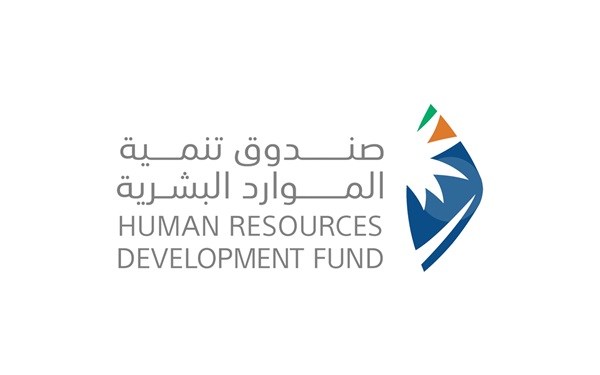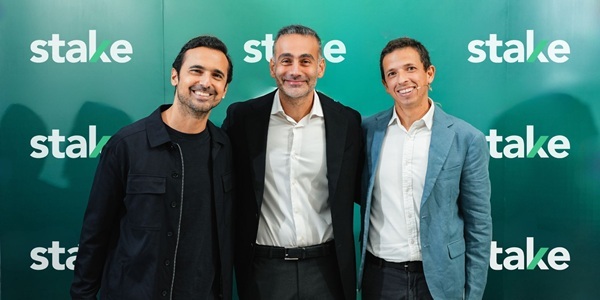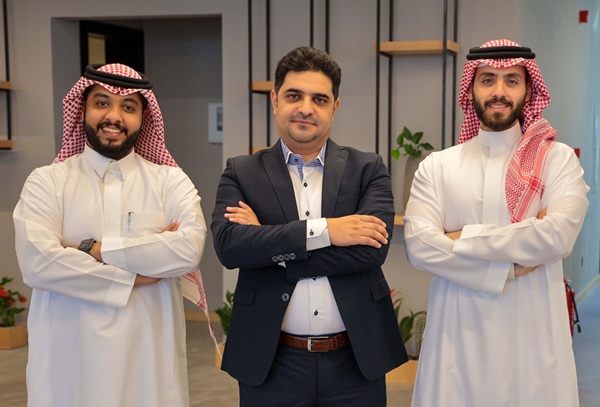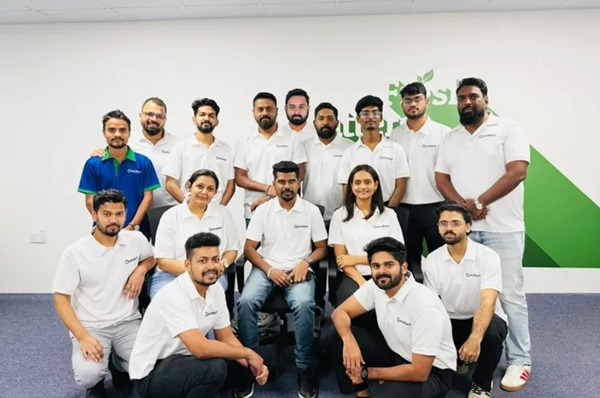
Dubai – Sharikat Mubasher: Wafeq, a modern and easy-to-use accounting platform headquartered in the United Arab Emirates, announced the successful closure of its $7.5 million Series A funding round (SAR 28 million).
This investment brings together globally renowned accounting software investors and executives, including 9900 Capital’s Managing Partner Chris Corbishley, who led the round with the participation of Payhawk, Individual investor Gary Turner, and existing investors Raed Ventures and Wamda Capital, according to a press release.
Aiming to help SME owners run their businesses better, Wafeq has been at the forefront of regional accounting transformation. Open banking and integrations with leading banks in the region, such as Saudi Awwal Bank, Al Rajhi Bank, HSBC, and Wio, have enabled Wafeq to automate accounting in ways that are not possible with competitors.
Following this funding round, Wafeq intends to double down on hiring and product development. With offices in Saudi Arabia and the UAE, the company will seek to scale its business rapidly.
Nadim Alameddine, CEO & Founder of Wafeq, commented: “The digitization drive of regional businesses has been crucial in modernizing our economies. With SMEs navigating an evolving regulatory landscape, Wafeq is ensuring that business owners and accounting firms have the tools to stay compliant and run their businesses better. Our Series A round, backed by 9900 Capital, Raed Ventures, and Wamda Capital, puts us one step closer to simplifying accounting in MENA. As one of the fastest-growing accounting SaaS platforms in the Middle East, we are excited to announce our hiring plans to grow our existing presence in KSA and the UAE. This will allow us to support job creation and the digitization of the UAE and the Kingdom in line with Vision 2030.”
With over 2 million invoices worth $400 million issued every month—90% of which are from Saudi Arabia—Wafeq’s modern and easy-to-use software is becoming the accounting platform of choice in the region.
Wafeq will also invest further in compliance-focused product development as new taxation policies are rolled out across KSA and the UAE. With significant regulatory changes—including the introduction of value-added tax (VAT), corporate tax implementation in the UAE, and the anticipated implementation of mandatory e-invoicing in the UAE—C-suite executives are required to ensure compliance with country-specific guidelines.










